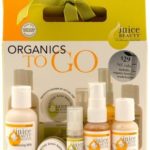
Better skin without Paraben & SLS
You may have noticed that one of the main selling points of organic or natural skincare products is that they are Paraben and SLS free, amongst others. Apart from the fact that these are said to be toxic ingredients suspected of being carcinogenic because of their ability to penetrate into our system with long term usage, how exactly are they damaging for our skin? Let’s find out with some information I’ve gathered from various sources.
What’s wrong with Parabens?
Put it simply, parabens are presevatives used to inhibit bacteria growth and lengthen the shelf life of skin care products. It is said that not only are parabens toxic, but they can also speed up the aging process in the skin, causing premature aging. In fact, a research conducted at the Kyoto Prefectural University of Medicine has shown that parabens can react with the sun’s UV rays in a way that may actually accelerate the aging process of skin.
Skin treated with parabens, methylparaben specifically, showed a 16 percent increase in skin cell fatality when the skin was exposed to a regulated amount of ultraviolet rays as opposed to untreated skin. Researchers believe this increase in the rate of cell death may contribute to wrinkles, dark spots and diminished skin tone, thus making the skin look older. (source)
And you may like to know that Parabens comes in five common types – Methylparabens, Ethylparabens, Propylparabens, Butylparabens or Isoparabens.
What’s wrong with SLS?
Sodium Lauryl Sulfate (SLS) is a cheap, harsh detergent used for its cleansing and foam-building properties with an approximate pH of 10 in its concentrated raw material form which is very alkaline and drying to the skin. SLS cleans by corrosion and can be drying for the skin if used as part of a formula that was not pH balanced. Skin becomes dry from stripping the protective lipids from the surface so it can’t effectively regulate moisture.
Should we avoid them?
I believe that doing without these two ingredients will do our skin good long term as I’m starting to notice that my arms aren’t as dry as before and I have lesser blackheads as well. I’ve also read from the forums that many ladies have reported a huge improvement in their skin conditions and texture with less skin clogs and thus lesser blackheads and whiteheads after switching over to paraben and SLS free facial products.
So even if you have no intentions of going organic, you might want to consider using skincare products without Parabens and SLS for the sake of your skin. Afterall, less may actually be more.
Comments
Leave a Reply
You must be logged in to post a comment.


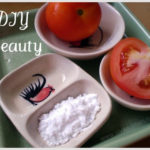









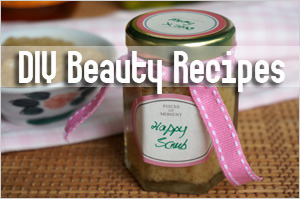
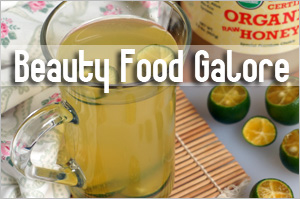
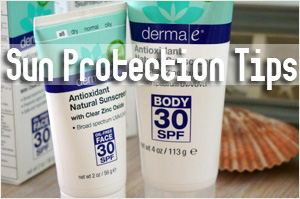
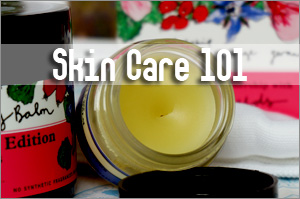
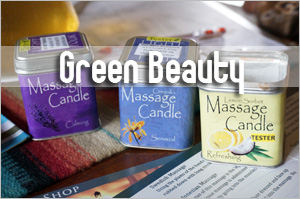
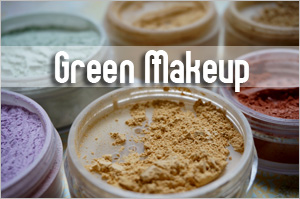
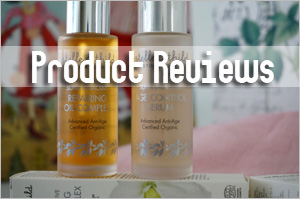
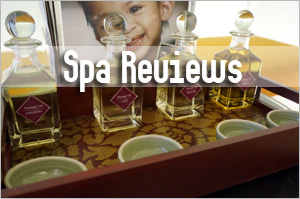
About the Kyoto Prefectural University of Medicine study… Didn’t they (by any chance) use the ingredients in concentrations far higher than is usual in beauty products?
I’m just wondering, since there are many ingredients that can harm the skin in high concentrations.
Ink: That’s a relevant point you’ve raised. Not sure what’s the concentration they’ve used but now that you’ve raised it, this points to a range of products that I recently read about (cannot recall the name now) where the founder emphatically pointed out that even though she uses Parabens, it’s in small quantity and her point was that it would mean lesser harm…though I’m not sure what’s exactly the acceptable dosage in this case. Only thing is most products we use don’t usually tell us how much though. ? But for me, I would think with ingredients, the consequences happens after longer term usage.
I’ve read, today actually, that some of these so called clinical studies didn’t actually find CAUSE and EFFECT with the paraben – carcinogenic issue; just that parabens (like deodorants perhaps)wind up sometimes being found in cancerous tissue when examined. This would make sense, though, if parabens actually permeate the epidermis. I’m not a propopent of paraben use, in fact I am a certified organic skincare lover, but I do find I have more questions than answers when really looking at those studies. Just food for thought.
Love your blog!
Ro: Hey, thanks for your comment! I know what you’re saying…sometimes reading more actually raises more questions. Just like what I found today about sunscreen ingredients.
I have been researching all five known Paraben’s and also Sodium Lauryl Sulfate, and to date l have not found out what is used instead of Paraben’s to prolong the life of a product, Paraben’s l believe are not retained in the body, so therefore does not cause a build up within the body, so if not used, what prevents harmful bacterier from growing in them.